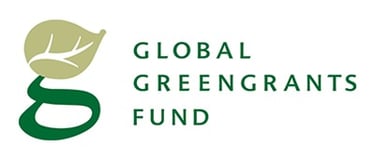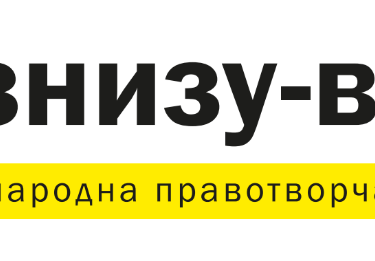Expansion of the Parasol Project: Assessing the Capacity of Odesa Region Communities for Effective Recovery
5/1/20252 min read


The Regional Center for Economic Research and Business Support (RcErBs), in partnership with the NGO “Bottom-Up” and with the support of the CEE Bankwatch Network and Global Greengrants Fund, announces the expansion of the PARASOL project to Odesa region in 2025.
Building on the positive experience of assessing institutional capacity in communities during 2018–2022, the high interest from local communities—especially among young leaders—and the success of pilot projects on institutional recovery and sustainable development capacity assessments in 2024–2025 (including rating calculations for Dnipropetrovsk and Kirovohrad regions), the decision was made to extend the PARASOL project to small and medium-sized communities in Odesa region.
The goal of this expansion is to assess the institutional recovery capacity of small and medium-sized communities in Odesa region with a total population of up to 150,000, to create a corresponding rating.
The project will include:
An institutional capacity assessment of small and medium-sized communities in Odesa region (total population up to 150,000) using an updated methodology.
The assessment will cover the following components: organizational (30%), financial (20%), social and human resources (20%), infrastructure (15%), and communication (15%).
Special attention will be given to identifying local NGOs as potential implementers of recovery projects within communities.
An in-depth analysis of the potential and needs of each community.
International advocacy of community interests by informing donors of the assessment results and providing a list of institutionally capable communities eligible for recovery project funding.
The implementation of the PARASOL project in Odesa region will be an important tool for the effective use of international technical assistance. It will contribute to the recovery and long-term development of territorial communities. Through a comprehensive approach, the project will help strengthen the institutional capacity of communities, enhance their economic, social, and governance resilience, and prepare them to overcome the consequences of military conflict and adapt in the post-war period—ultimately ensuring sustainable development and greater resilience of communities.






